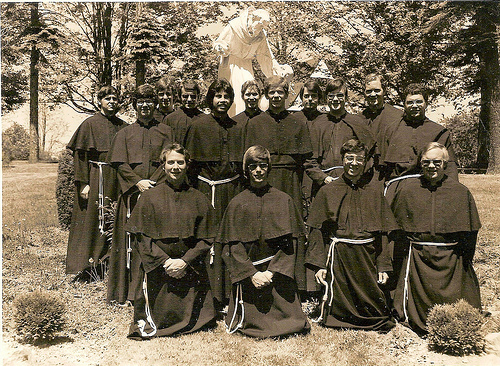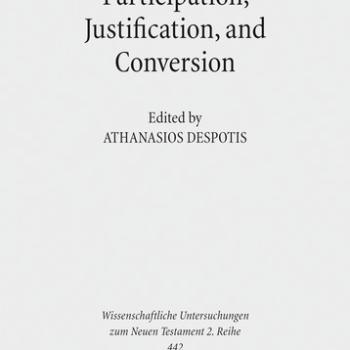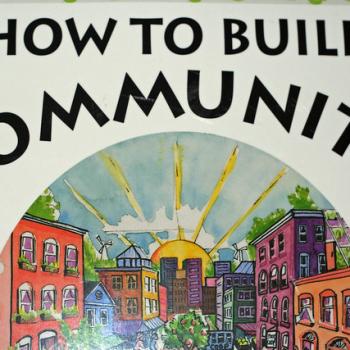I am an oblate connected to a Benedictine monastery.
An oblate is a lay person who makes a commitment to particular way of monastic life. I do not live at the monastery, though I spend several days there each year.
The monks at the monastery where I am connected are Benedictine monks. They are called Benedictine because they follow a rule of life written by Benedict.
Benedict was born around 480 in central Italy and educated in Rome. He chose a life of monastic seclusion and contemplation. He was invited to lead several different monastic communities, and composed his monastic rule in about 540. He died sometime before the year 550.
Benedict’s Rule begins with the word, “Listen;” it is filled with down-to-earth ways to give people opportunities to draw closer to deep meaning, to each other, and to themselves. It creates a framework for living and working together. It concludes by reminding us that it is written for beginners.
Benedict includes a variety of subjects in his rule. It is both practical and based in a community’s core values.
One of the subjects Benedict writes about is work. While we may tend to think that monks spend their days in quiet reflection, each monastery is financially self-sufficient. Benedict describes the benefits of manual labor, and the attitudes that monks want to maintain toward work.
The section he writes about manual labor begins, “Idleness is the enemy of the soul. Therefore, the brothers should have specified periods for manual labor as well as for prayerful reading.” Even though the section is entitled “The Daily Manual Labor,” Benedict writes more about the prayerful reading than the manual work.
Benedict appreciates the value of work, though he does not allow it to become the only priority.
What is your attitude toward work?
How do you maintain your balance of labor and reflection?
[Image by Michael 1952]

















